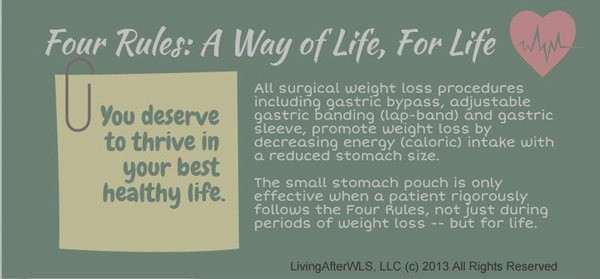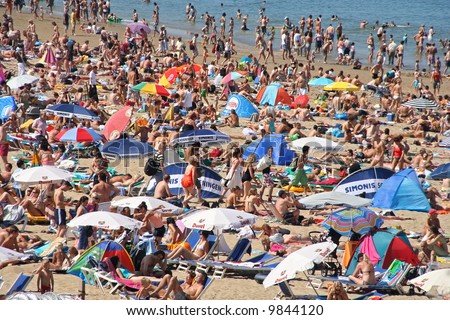Don't like water - what else can I have?
Drink lots of water is the universal golden rule for dieters. But even the most devoted water sippers become bored with the flat unexciting taste of water. Fortunately there are many health-supportive was we can spruce up plain water creating a refreshing beverage with added vitamins and nutrients. Online there are countless recipes for making infused water, a fancy word for water that blended with fruits, vegetables, herbs, and/or tea. Here are a few of my go-to blends that both refresh and promote good health with an energy boost.
Using the formulas below you will make a 2-4 quart batch of refreshing infused water. Using a large pitcher or gallon jar prepare the infusion ingredients. Top the ingredients with 6 cups ice, fill the jar with water, and stir. Cover and refrigerate for at least 2 hours to let flavors infuse. Best used within two days of making, but don't expect it to last that long. These refreshing beverages are delicious!
Green Tea
We've long known that green tea is beneficial to our weight loss efforts. It continues to provide health promoting benefits to those with surgery and is a pleasant alternative to water. Most nutritionists agree that herbal teas can be counted the same as water when monitoring our daily water intake. Remember our WLS rule #2 is Lots of Water. To change up your green tea (or freshen your water) try these recipes to make two quarts of refreshing flavor-infused water.
Basic recipe: Brew two quarts of green tea using 4-6 tea bags following package directions. While it brews add the flavor ingredients to a gallon jug, top with 6-8 cups ice, add brewed tea, mix well and chill for two hours or overnight before serving. Enjoy several refreshing servings throughout the day.
Try this recipe: Stomach Soothing Thirst Quenching Lemon Ginger Iced Green Tea
Iced Peppermint Tea
Mint is known to refresh, soothe stomach aches, and suppress appetite. In place of green tea bags use peppermint tea. Add 1/4 cup chopped mint and one lemon, sliced. Mix well and chill as directed above.
Berry-Fresh Kiwi Cooler
In the gallon jug combine 3 cups halved fresh strawberries, three thinly sliced kiwis, and two thinly sliced lemons. Gently muddle all of the ingredients together. Add ice and tea, mix, chill, serve.
Sunshine Cleanse
Combine two thinly sliced lemons, two thinly sliced limes, two thinly sliced grapefruits, and two thinly sliced oranges. Gently muddle with a wooden spoon or spatula. Add ice and tea, mix, chill, serve. (This is also good prepared with peppermint tea.)
Minty-Cuke Thirst Quencher
Scrunch 1/4-cup fresh mint leaves in the bottom of gallon jug to release flavor and aromatics (I love this refreshing fragrance!). Add two thinly sliced cucumbers (peeled if desired). Half two limes and squeeze juice into jug, discard halves. Thinly slice two limes and add to jug. Top with ice and tea and mix well. Chill and serve adding more ice as desired.














 hare
with me. While summer for me offers abundant opportunity to be more
active than any other season, it also poses a problem for me. High
temperatures and bright sunshine spur cravings for a refreshing iced
Diet Coke with a squeeze of lemon. This was my mainstay beverage before
weight loss surgery and now and again I find myself indulging in that
old refreshing thirst quencher.
hare
with me. While summer for me offers abundant opportunity to be more
active than any other season, it also poses a problem for me. High
temperatures and bright sunshine spur cravings for a refreshing iced
Diet Coke with a squeeze of lemon. This was my mainstay beverage before
weight loss surgery and now and again I find myself indulging in that
old refreshing thirst quencher. 



